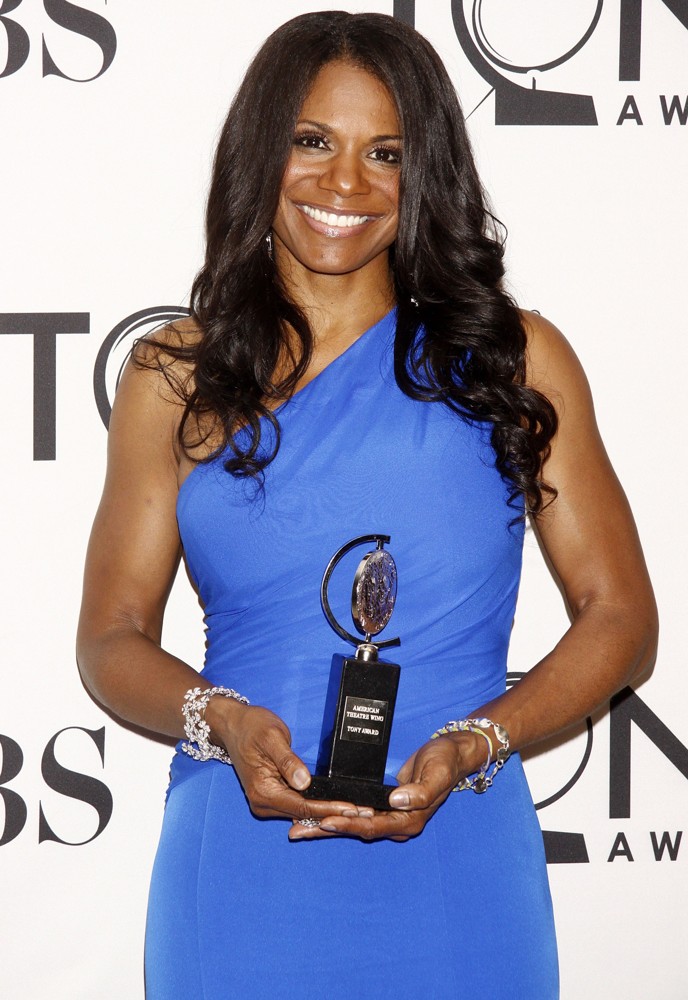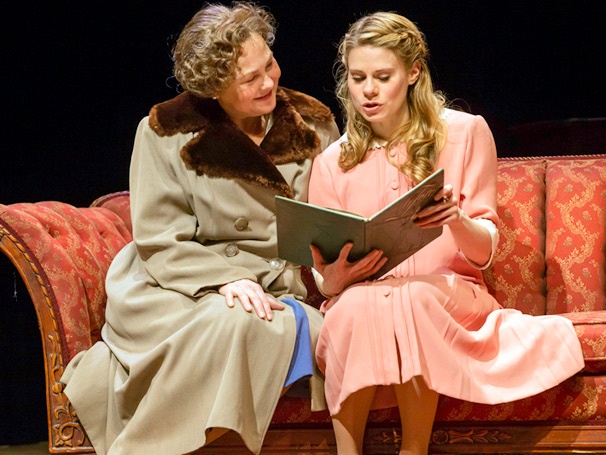 |
| Would last season's Motown have gotten a Best Musical nomination had the field included five nominees? Probably. Would it have been a serious contender to actually win? Probably not. |
Well, this week is just full of under the radar announcements with the potential to seriously shake up this year's Tony races. On the same day we got word of Audra McDonald's late season entry into awards contention (which I discuss here), Variety reported that the Tony Awards committee has voted to allow the production categories to expand to five nominees should there be nine or more eligible productions.
While it may not seem like much, this represents a major change from the traditional cap of four nominees per category, and in theory could really shake up the Best Musical race in particular. As the Variety article points out, both the Best Musical and the Best Revival of a Play categories have an unusually large number of eligible productions this season, making them prime candidates for expansion. And seeing as how Best Musical is the one award that has a measurable affect on a show's box office fortunes (don't you think for a second that Kinky Boots would have recouped in just 30 weeks without that Best Musical win), this could potentially mean more money and more work for industry types.
Or does it? Several years ago the Academy Awards instituted a similar rule change, expanding the Best Picture field from five to as many as ten potential nominees. This was seen as a way to recognize a wider variety of films, including some of the popular movies that typically wouldn't be considered awards contenders. (How much the exclusion of the critically beloved The Dark Knight from the Best Picture race the year before influenced this change is difficult to say, but I bet it was a not inconsequential factor.) And when there are enough shows to support it, why not allow the love to be spread around a bit more? There's a chance for the more esoteric shows to get some recognition, and more up and coming producers and writers will be able to add a Tony-nominated show to their resume.
However, we've had a few years to live with the new Oscar nomination system, and I would argue that the expanded Best Picture field's affect on the industry and the Oscars themselves has been negligible. You can almost always tell which five films would have been nominated under the older, more restrictive system, and the remaining nominees end up being somewhat derogatively viewed as "filler." Best Picture tends to boil down to a race between two or three films anyway, and they are always the films that you know would have made the cut under the old system. For instance, this year's race is largely agreed to be between 12 Years a Slave and Gravity, with American Hustle functioning as the dark horse candidate. Looking at the nine nominees, I think we can all agree that those three would have still gotten nominations in a five film field (while something like Philomena, which clearly benefited from the expanded number of nominees, has never been deemed a serious contender to win by anyone in the industry).
I suspect that should the Tony nominees be expanded, the "extra" nominee will stick out like a sore thumb, with almost no chance of actually winning the big prize. For instance, if Motown had ended up nominated last year (a presumption based on past Tony voting patterns that also ignores the fact that there weren't enough eligible musicals to prompt a category expansion last season), would anyone have considered it a serious contender for the prize? No matter how many shows were competing against them, last year's race was always going to be between Kinky Boots and Matilda. While there currently seems to be enough musicals to make a competitive 5-way race, I imagine that if five shows are nominated there will be a pretty clear consensus on which two or three actually have a chance at winning. But the extra recognition is nice, and the announcement is very carefully worded to allow the category to remain at four nominees should there not be five "deserving" contenders.





